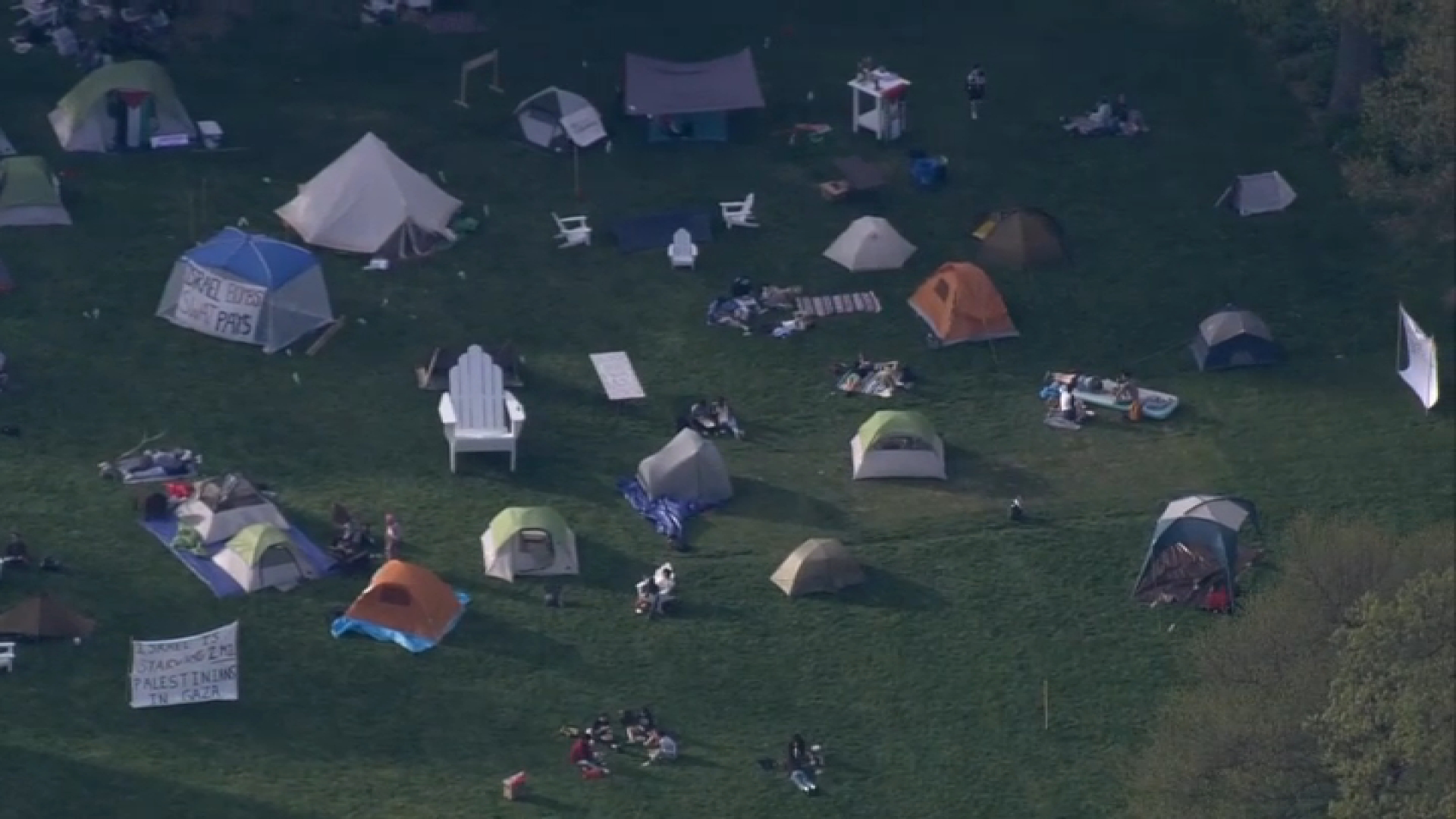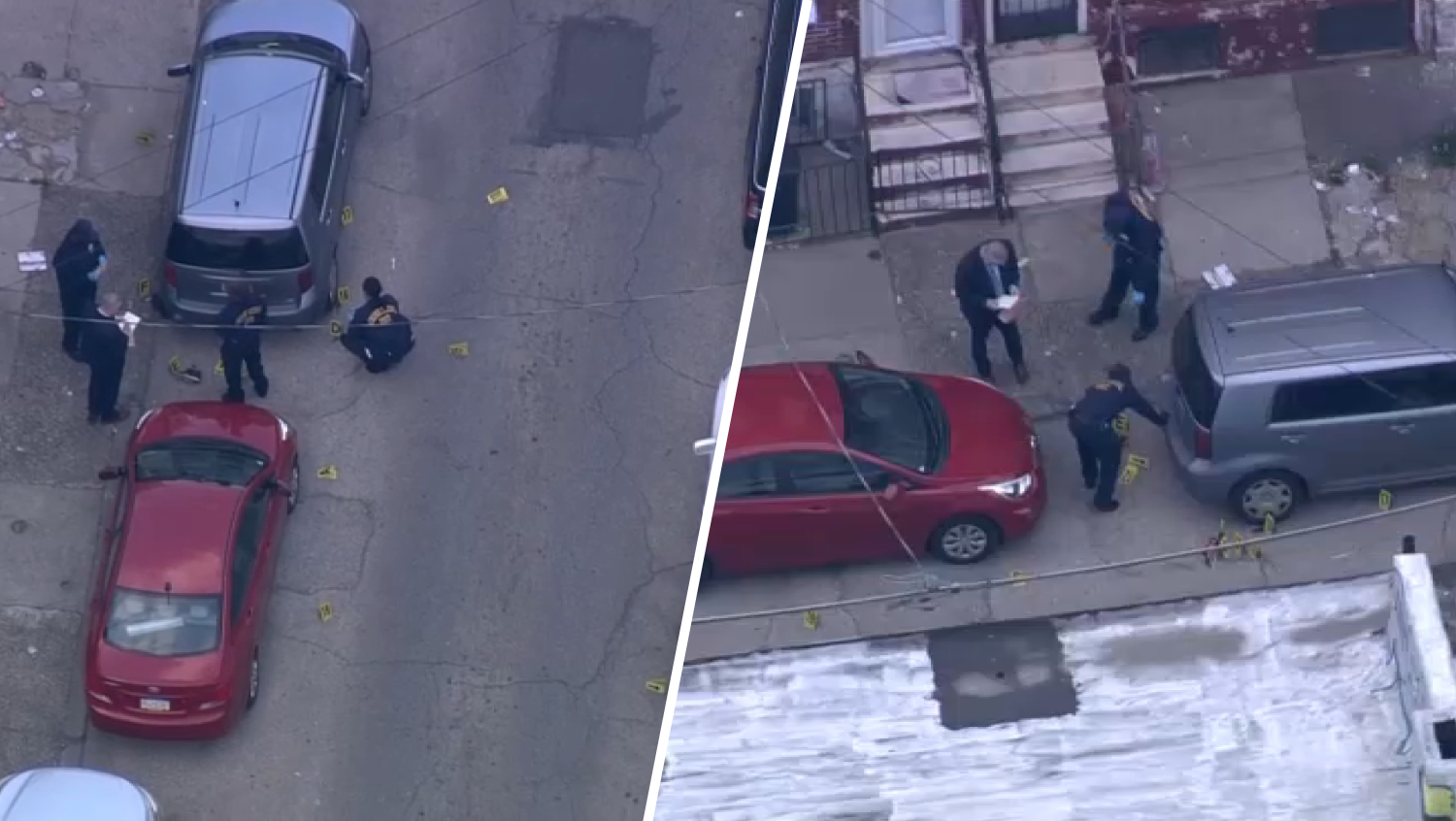What to Know
- The Driving Equity Bill bans officers from pulling over vehicles solely for a handful of traffic offenses deemed “secondary violations,” such as improperly displayed registration or inspection stickers, and single broken taillights.
- Critics say so-called pretextual stops have led to Black and Latino motorists being unfairly stopped and searched at high rates and sometimes being detained for small infractions
- The city's police union has filed suit, arguing the law promotes unsafe driving without consequences
Philadelphia’s ban on low-level police traffic stops is now in effect, despite a lawsuit from the police union looking to invalidate the law.
The Driving Equity Bill bans officers from pulling over vehicles solely for a handful of traffic offenses deemed “secondary violations,” such as improperly displayed registration or inspection stickers, and single broken taillights. Philadelphia is now the largest city government in the U.S. to ban what are sometimes called pretextual stops.
Advocates for law enforcement say such stops can uncover illegal drugs and weapons, noting that the U.S. Supreme Court ruled in 1996 that they were acceptable. But critics say the practice has led to Black and Latino motorists being unfairly stopped and searched at high rates and sometimes being detained for small infractions.
Get Philly local news, weather forecasts, sports and entertainment stories to your inbox. Sign up for NBC Philadelphia newsletters.
It has also led to a handful of high-profile deaths. Sandra Bland in Texas, Walter Scott in South Carolina and Duante Wright in Minnesota were all initially pulled over for pretextual stops.
“(The law) is designed to address the racial inequities, and it will ultimately I think improve police-community relations and increase public safety,” Defender Association of Philadelphia Chief Defender Keisha Hudson said.
The DAP analyzed 300,000 stops from previous years and said the new law would prevent a significant number of those in the future. The order also put into effect a second bill passed by the City Council requiring Philadelphia to collect and publish data on traffic stops, including the reason for the initial stop, the demographics of the driver and passengers, and the locations of those stops.
Local
Breaking news and the stories that matter to your neighborhood.
The Fraternal Order of Police Lodge 5, however, last month filed a lawsuit seeing to invalidate the bill.
The lawsuit, filed in Common Pleas Court, filed by the FOP and several of the union's leaders as individual citizens of Philadelphia, also argues that the First Class City Home Rule Act prevents Philadelphia from creating a law counter to those already in place throughout the rest of the state.
Lodge leaders called the city law irresponsible, saying it would promote unsafe driving without consequences.
“You can’t have cars that are unregistered, uninsured, not inspected, no headlights no bumpers – unsafe driving in the city,” FOP Lodge 5 President John McNesby said. “And what they’re asking us to do with this bill is just let it go, let them do what they want, thumb their nose at the law. That’s not acceptable.”
McNesby is listed in his individual and professional capacity as a plaintiff in the lawsuit.
City Councilmember Isaiah Thomas, who authored the bill, said in an emailed statement last month that the city's law department had affirmed the measure is legal and he hoped the court would do the same. City officials have said the law doesn't change what's legal in the Motor Vehicle Code — it just changes how officers in Philadelphia are directed to police those codes through mailed tickets rather than stops in most cases.
“For those who call this law unnecessary, I ask what their experience is being pulled over by law enforcement? Philadelphia can often be a tale of two cities - Driving Equality seeks to bridge this divide," Thomas wrote. “We need all skeptics to listen to people’s lived experiences and understand that this is about the unequal treatment of Philadelphians when it comes to traffic stops.”



